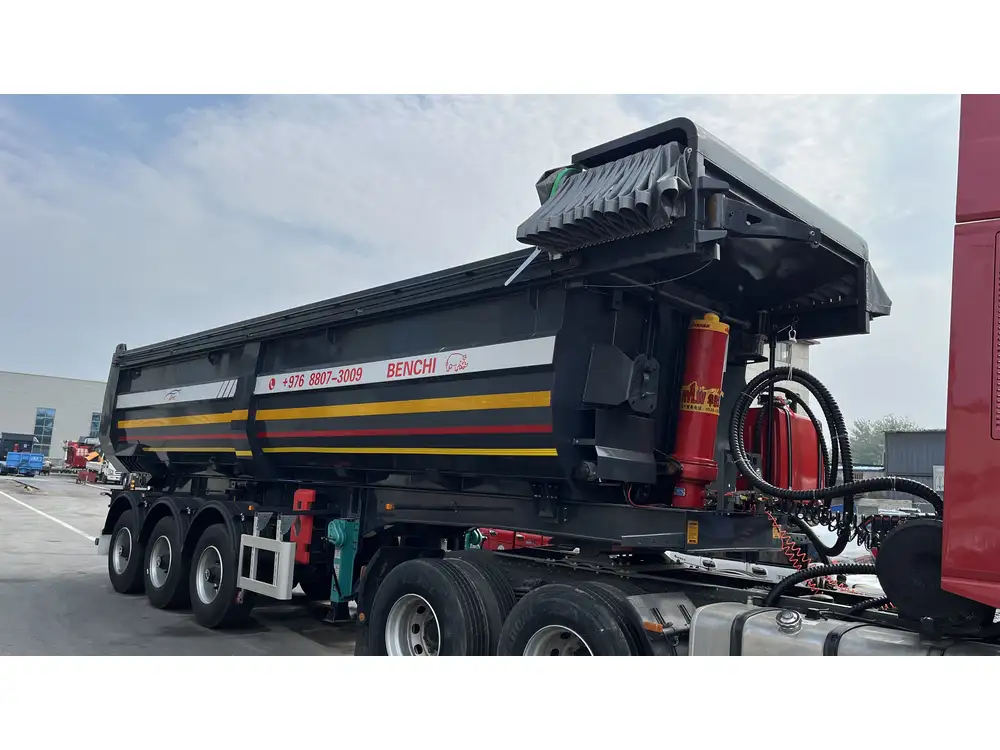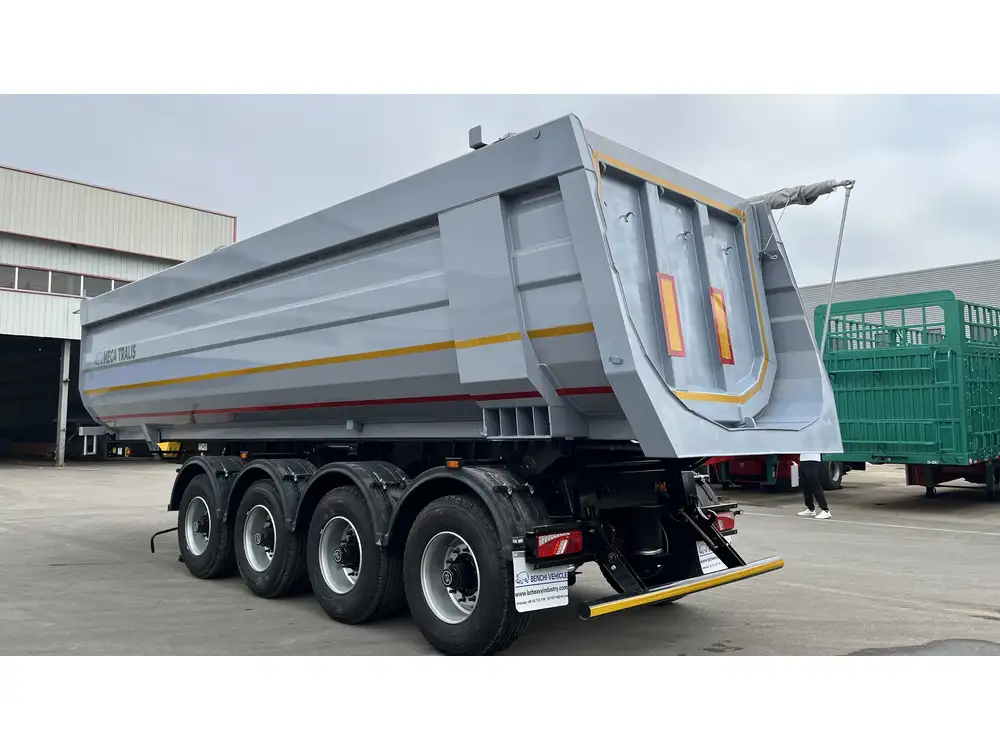When it comes to the management of waste from travel trailers, enthusiasts often find themselves at a crossroads. The question, “Can you dump travel trailer waste into septic systems?” not only arises out of curiosity but also necessity. This comprehensive guide aims to dive deeply into this pressing issue, ensuring that you not only comprehend the regulations surrounding septic dumping but also the best practices for maintaining your septic system’s health.
Understanding Septic Systems
Before we explore the compatibility of travel trailer waste with septic tanks, it is essential to understand what septic systems are and how they function.
What is a Septic System?
A septic system is a decentralized wastewater treatment setup commonly used in rural areas where municipal sewer lines are unavailable. It consists of two main components: the septic tank and the drain field.
| Component | Function |
|---|---|
| Septic Tank | This is a buried, watertight container that holds wastewater from your home. Liquid waste flows in, and solids settle at the bottom, allowing for anaerobic digestion. |
| Drain Field | The partially treated effluent from the tank is then distributed into the drain field where further natural filtration occurs through soil. |

Key Functions of a Septic System:
- Separation of Solids and Liquids: Solid waste settles at the bottom while liquids move to the drain field.
- Bacterial Breakdown: Anaerobic bacteria in the tank digest organic material, simplifying solids.
- Natural Filtration: The soil in the drain field filters out bacteria and impurities from the effluent.
Common Septic System Components:
- Inlet Pipe: Carries wastewater to the tank.
- Baffle: Directs flow and prevents scum from exiting the tank.
- Outlet Pipe: Transfers effluent to the drain field.
- Soil Absorption Area: The area where effluent gets filtered safely back into the environment.
Understanding these elements provides a crucial groundwork for assessing whether travel trailer waste is safe to dispose of in your septic system.
Travel Trailer Waste: What’s in it?
Travel trailers, like any other facility that handles human waste, produce black water and gray water. Each type comes with its own set of components:
| Type of Waste | Description |
|---|---|
| Black Water | Wastewater that contains human excrement and toilet paper. |
| Gray Water | Wastewater from sinks, showers, and appliances without human waste. |

Components in Travel Trailer Waste
- Organic Matter: Comes from food residue and human waste.
- Chemicals: Cleaning agents, toilet chemicals, and personal care products often find their way into gray water.
- Bacteria: While essential for the septic process, introducing certain bacteria in larger amounts can disturb the system.
Regulatory Landscape for Waste Disposal
Is it Legal to Dump Travel Trailer Waste into a Septic System?
In many regions, municipal regulations and state laws govern what can and cannot be dumped into a septic system. Regulations may differ not only by state but also by local jurisdictions, making it crucial to familiarize yourself with local requirements.
Prohibited Practices: Many jurisdictions prohibit the disposal of black water into septic systems used for residential wastewater. This is due to the higher concentrations of pathogens and solids present in black water, potentially overloading the septic system.
Permit Requirements: Some areas may allow for limited travel trailer waste disposal, particularly if the septic system is designed for higher capacity, but may require permits or special maintenance.
Tip: Always consult with local health departments or septic system professionals before dumping any waste from your travel trailer.

Compatibility of Travel Trailer Waste with Septic Systems
Black Water Considerations
Black water comprises solid waste and certain chemicals that can severely disrupt septic systems if not managed correctly. This includes risks such as:
- System Overloading: Increased solids may clog the septic tank and drain field.
- Chemical Disruption: Chemicals in toilet treatments can kill bacteria essential for waste breakdown.
- Health Hazards: Overfilling or backflow may expose users to harmful pathogens.
Gray Water Considerations
Gray water may be more compatible with septic systems, primarily due to its lower contaminant levels. However, caution remains vital:
- Amount and Frequency: Excessive gray water, particularly from frequent discharge, can lead to system strain.
- Chemical Contents: Use of biodegradable soap and cleaners is recommended to prevent build-up.

Best Practices for Waste Disposal
If you determine it’s permissible and safe to dispose of some types of travel trailer waste into your septic system, follow these best practices:
- Use Proper Graded Chemicals: Opt for septic-safe toilet chemicals that minimize the impact on bacterial colonies.
- Limit Frequency of Dumps: Space out waste disposal to prevent overwhelming the septic system.
- Dilute Waste Water: Mixing black or gray water with potable water can reduce the concentration of waste entering the system.
- Consult Professionals: Engage with septic system professionals about regular maintenance practices that ensure optimal system health.
Potential Problems and Solutions
Understanding potential problems associated with dumping travel trailer waste into septic systems is crucial in preventing costly damages.
Identifying Potential Issues
| Issue | Description | Solution |
|---|---|---|
| Septic Overflow | Excess waste can lead to blockage and backflow. | Regular inspections and pumping. |
| Bacterial Imbalance | Chemicals may destroy beneficial bacteria. | Use natural bacterial treatments. |
| Contamination of Soil/Water | Pathogens can seep into the water table. | Invest in a proper filtering system for waste discharge. |

Monitoring Your Septic System
Regular monitoring can save significant repair costs and prolong the life of your septic system. Here are a few strategies:
- Visual Inspections: Regularly check for signs of lush grass over the drain field which may indicate septic leakages.
- Pump Out Schedule: Establish a routine pumping schedule based on the size of the system and household waste generation.
- Water Usage Habits: Be aware of excessive water use in homes as it directly affects the system’s functionality.
Conclusion
The compatibility of travel trailer waste with septic systems is a nuanced issue that calls for careful consideration of local regulations and best practices. By understanding waste types, potential impacts on your septic system, and adhering to responsible disposal techniques, you can maintain your septic health while enjoying your travel trailer adventures.
It’s our responsibility to protect our septic systems and the environment around them. Always err on the side of caution; when in doubt, consult with professionals and opt for designated waste disposal facilities. Ultimately, responsible waste management leads to a healthier ecosystem and a more enjoyable travel experience.



